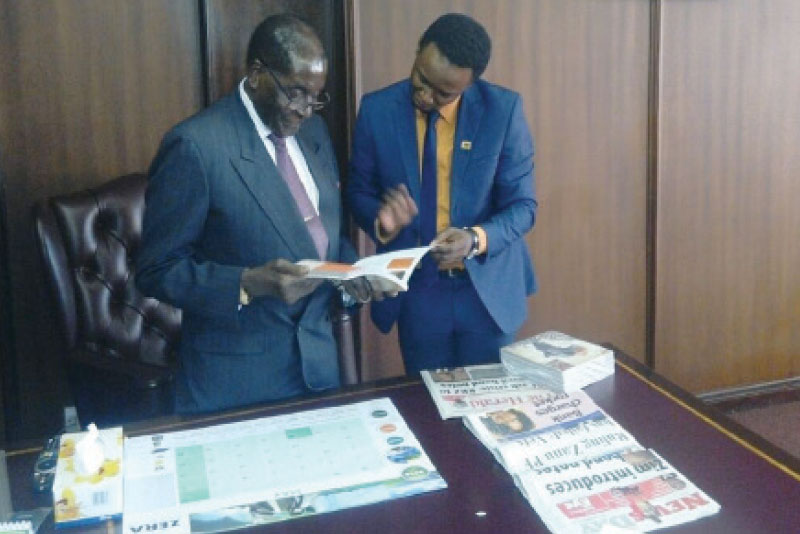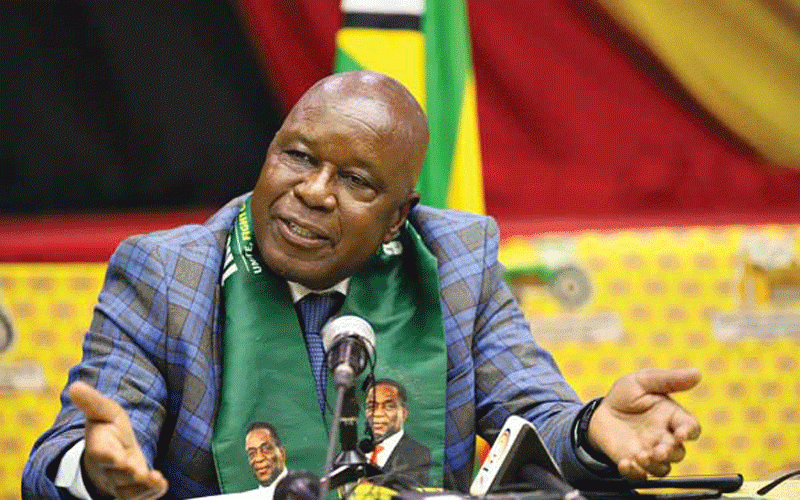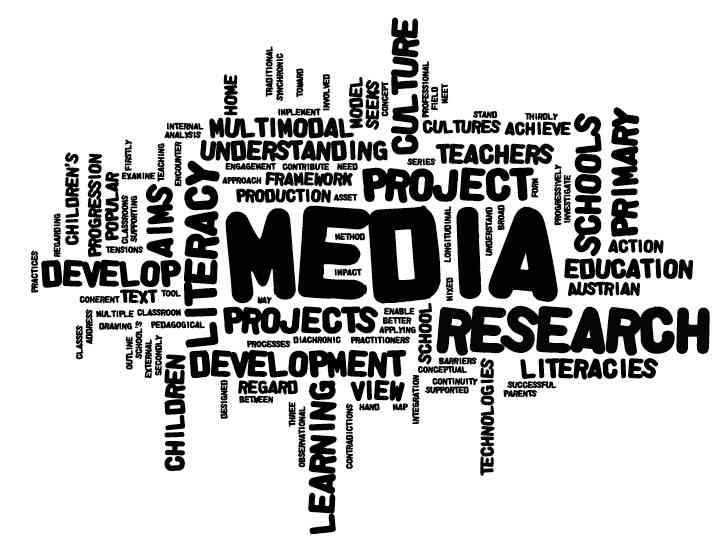
As the world commemorated World Press Freedom Day in May, I took some time to think how Zimbabwean media has evolved, but also where it fell short in advancing our democracy. As a proponent of media freedom and rights, I had to be objective and frank with myself in my analysis and so here it is.
Guest Column Paul Kaseke
The media is indeed the gatekeeper of democracy and the chief guarantor of accountability in its most basic form.
Without the Press it would be impossible to find out what the government is doing. The distance between the State and its people is thus shortened because of the Press. In order for the Press to perform these and other functions, it requires a conducive environment for it to thrive. That environment is primarily the responsibility of the State and it can create a workable and optimum environment by getting rid of draconian laws that persecute the Press for reporting accurately on what has happened. In my view, in the same way that the Public Protector is an institution supporting democracy, the media also strengthens and supports democracy. The measure of a country’s freedom and democracy is seen not in the Constitution it abides by or enacts, but by how its journalists operate.
In Zimbabwe, the role of the media in exposing issues pertinent to good governance needs to be applauded and celebrated. In the infancy of our democracy, The Chronicle exposed us to the reality of the Willowgate Scandal, where it was discovered that some government ministers were abusing the vehicle purchase system available to Cabinet to procure cars at discounted rates only to resell them for almost twice the original price and in some cases, three times as much. This was not only unethical, but illegal because it flouted the existing procurement policy. Several ministers resigned as a result of the exposé. That is the power of good journalism and that is, at least in my view, the role the media has to play in a budding democracy. Without the work of Geoffrey Nyarota and Davison Maruziva, we would never have known that some members of Cabinet abused their positions to make money at the expense of the taxpayer. Since then, more scandals have been unearthed by daring and ethical journalists across the country and to them we owe a great deal of gratitude for being our eyes and ears where it counts most. There are indeed many unsung heroes in the fraternity that I have not mentioned, but their work is certainly appreciated and noticed.
Having said that, when one looks at the state of the media in 2016, the same kind of journalistic flare and professionalism has largely disappeared and the professional journos that do remain are in the minority. By nature, the media is supposed to be neutral and objective. A responsible and professional Press does not take sides on matters nor push an agenda down the throats of its readers. Of course, this is an ideal that has not been perfected even in the most developed of countries, but my argument is that the Zimbabwean media is generally, still millions of miles from getting there. Most (not all) of our newspaper houses are branded to a particular bias that is so evident in the reporting you can almost predict what will be written and what angle the article will take.
I always chuckle at how nobody takes Zim … (name intentionally blotted) seriously because of its sensationalist stories that have in more than one occasion, proven to be false and misleading. That is of course an extremist example, but this is where some of our media houses are headed if serious reforms do not take place. One publication in particular, has ordained itself as an official Zanu PF mouth piece and even then, it has gone further by taking sides in the ever deepening factional politics in the party. The bias in the reporting is so pathetic that the comment sections on those articles reveal a disgruntled readership that calls it out for its bias. One struggles to tell whether the comments attributed are from a professional journalist or a party supporter. An example of this partisan reporting is the adoption of phraseology derived from the ruling party when addressing the former Vice-President, Dr Joice Mujuru. In no less than 25 occasions, the paper in question referred to her and her party as “..Dr Joice Mujuru’s putchist cabal”. It becomes clear to the readers that there is no way that any meaningful constructive article about her can be published in that publication. The same could be said of MDC-T leader, Morgan Tsvangirai who has long been referred to as a “sell-out” by the same paper.
Let’s go further and examine the other side of the coin where we have papers that definitely seem to be biased towards a certain opposition party to dilute the pro-Zanu reporting in the other publication I mentioned above. I am deliberately staying clear of names of publications because I want the readers of this piece to draw their own conclusions and the fact that they will successfully do so, is proof that we have lost the plot. Politicians are by their very nature going to take aim at each other, but it becomes a travesty to democracy and the journalistic profession when a publication seems to be authored by politically-motivated individuals and these individuals use their position to fulfil the desires of politicians.
- Chamisa under fire over US$120K donation
- Mavhunga puts DeMbare into Chibuku quarterfinals
- Pension funds bet on Cabora Bassa oilfields
- Councils defy govt fire tender directive
Keep Reading
It is common practice that publicly disclosing your political affiliation is grounds to recuse yourself from covering a story centred on the political party because of the potential bias there, but not in Zimbabwe. In Zimbabwe, some editors are open supporters of political parties which wouldn’t ordinarily be a problem except for the fact that they write heavily biased articles and act as defenders of the same politicians.
Good journalism is based on the presentation of accurate and objective facts which allow the readers to draw their own conclusions. While it is true that the State has played a role in clamping down on journalistic freedoms, a part of me also thinks that some journos are to blame for allowing themselves to be used to push political agendas.
The decline in sales can be attributed to the digitalisation era, but it can also be traced back to the fact that Zimbabweans are tired of being taken for granted by media houses with their gutter journalism. One publication had a writer who referred to a statement by an unnamed source that later turned out to be the writer himself.
Shamelessly, the same writer defended his gutter journalism and proceeded to attack everyone who criticised him on this. This kind of attitude and approach to journalism will result in the growth of civilian journalism which is made easier by the easy access of social media. The emergence of live tweeting as a form of journalism worldwide, should be a clear warning that the days of a few people controlling information are coming to an end. If the public cannot get the truth from its own politicians and cannot get the same from its journalists then the public will have no choice, but to rely on itself to spread information and news.
Despite those that dampen the profession, it is still befitting to toast to those journalists who have put themselves on the line for the achievement of a free, democratic and transparent Zimbabwe. The birth of a new Zimbabwe will be captured in words, pictures and videos thanks to the people’s watchdog — the Press. Well done to those that still hold on to what others have lost. You are the real heroes today.
Paul Kaseke is a legal advisor, commentator, analyst and sessional law lecturer with the Wits Law School. He writes in his personal capacity. You can give him feedback via email: [email protected] or follow him on twitter @paulkasekesnr











